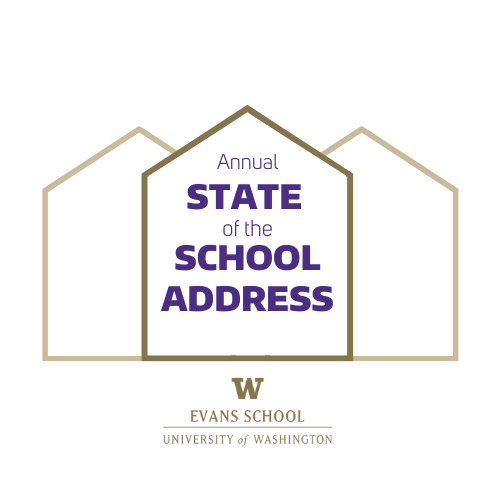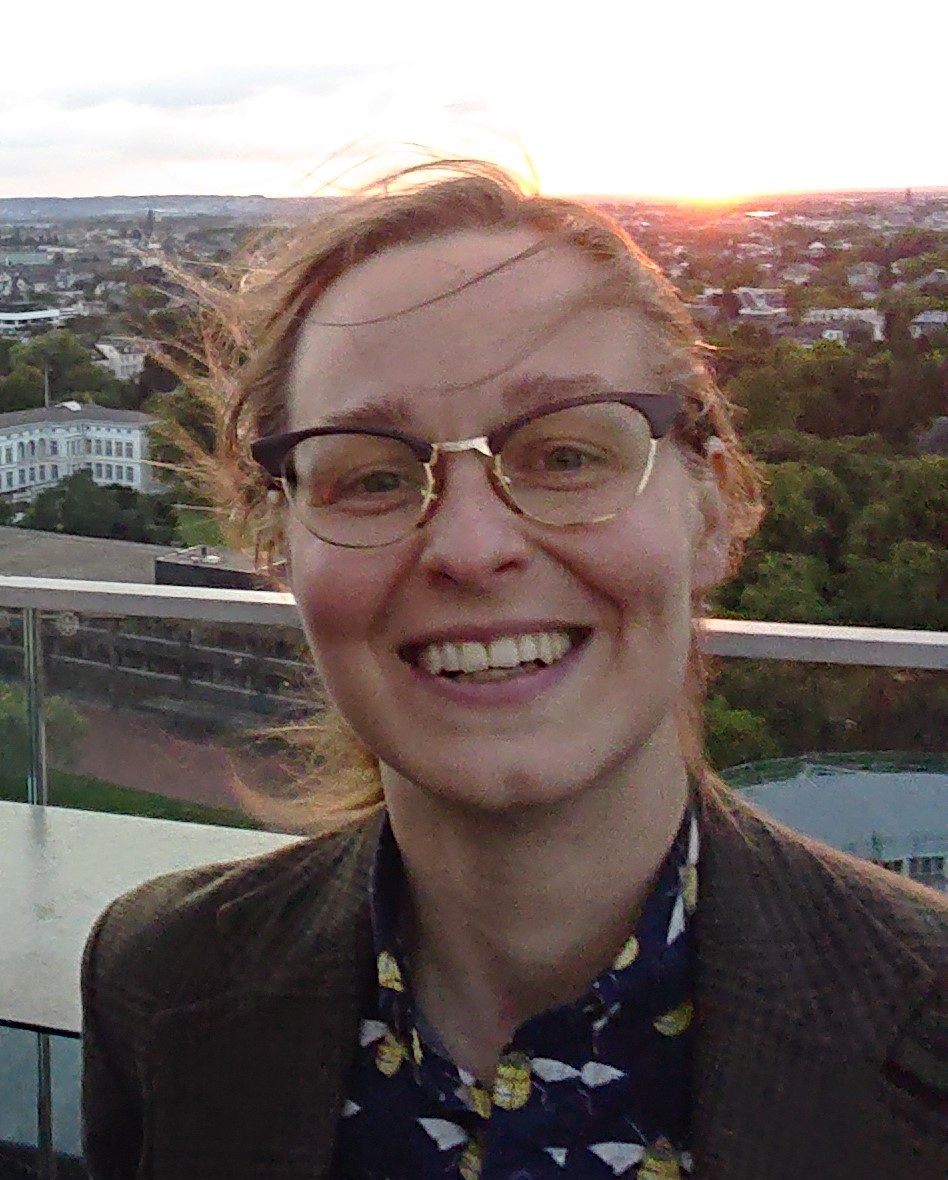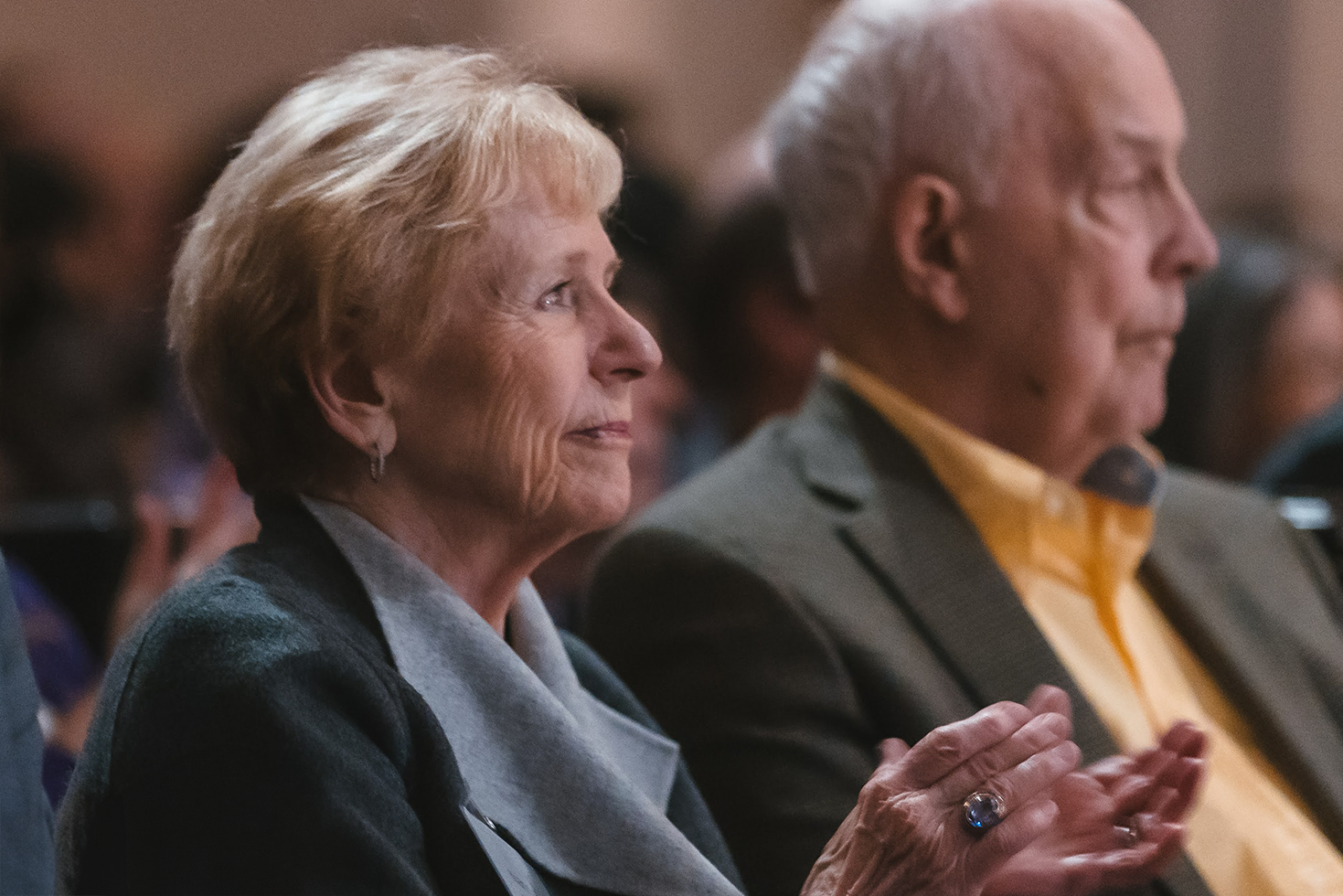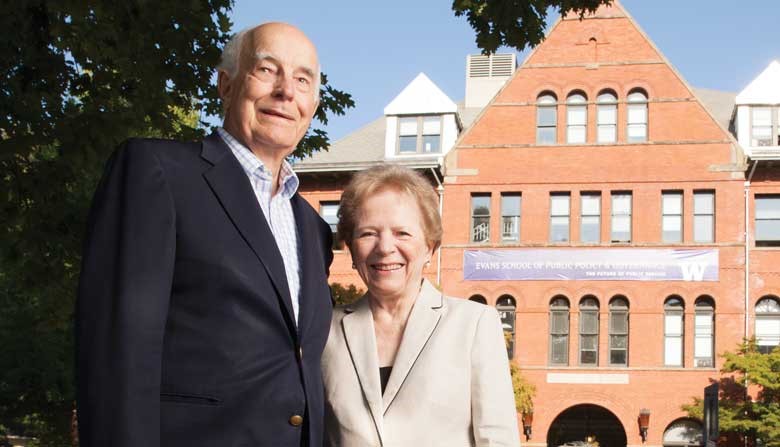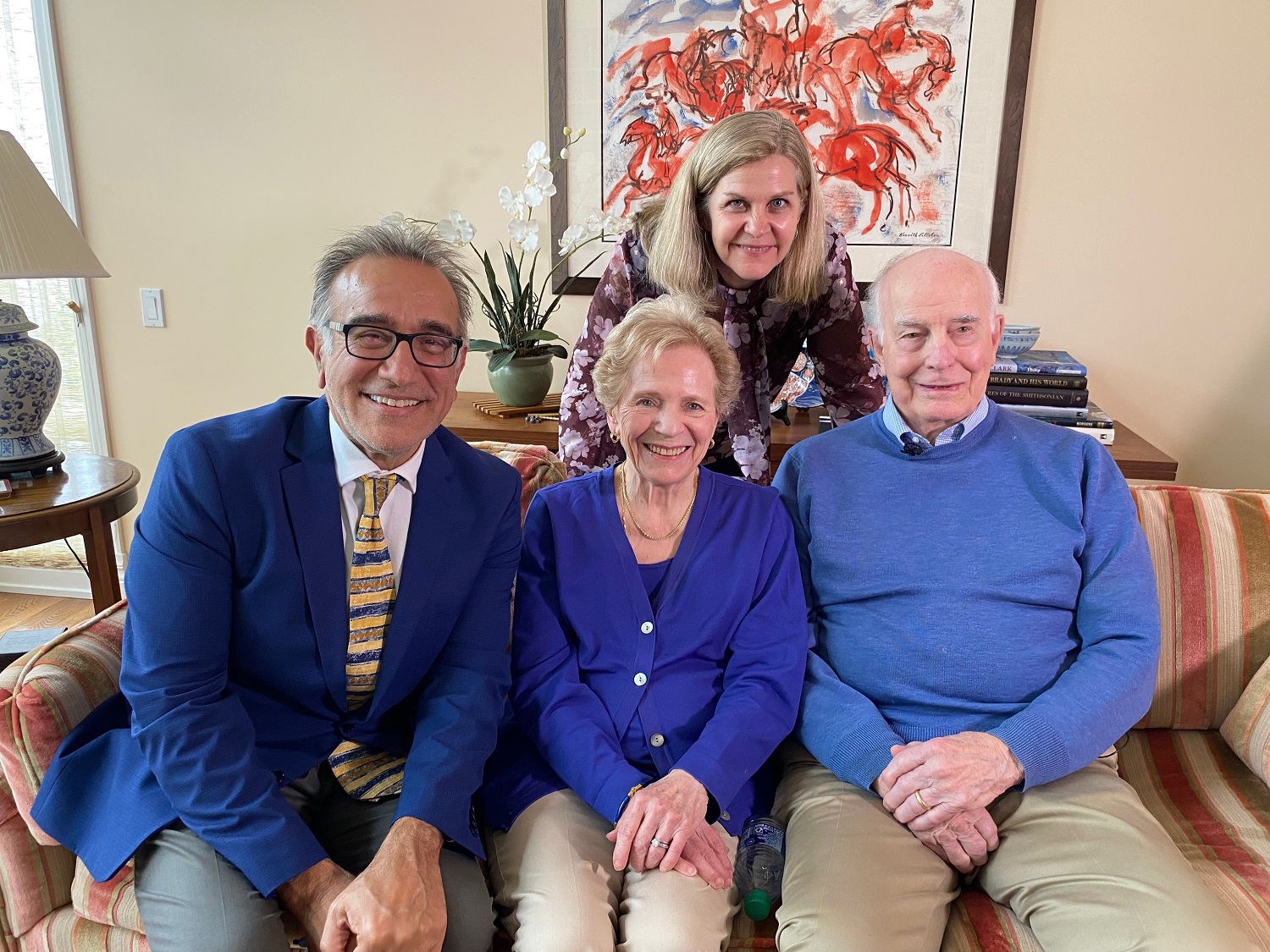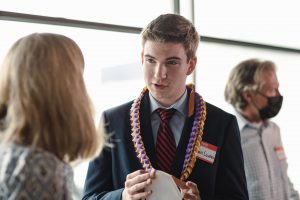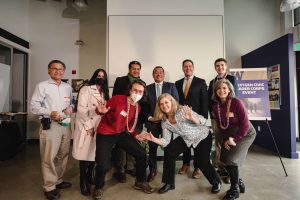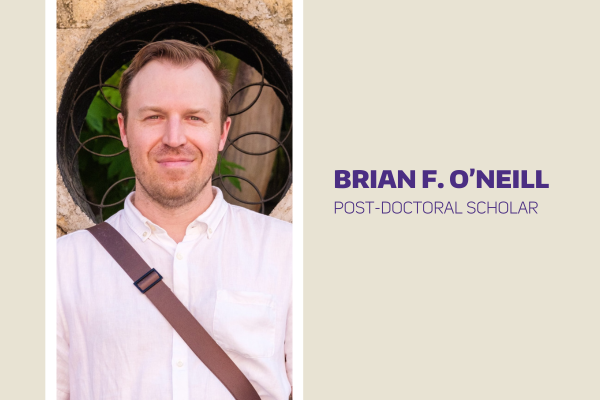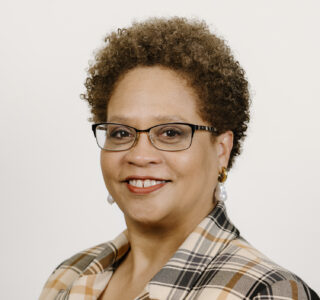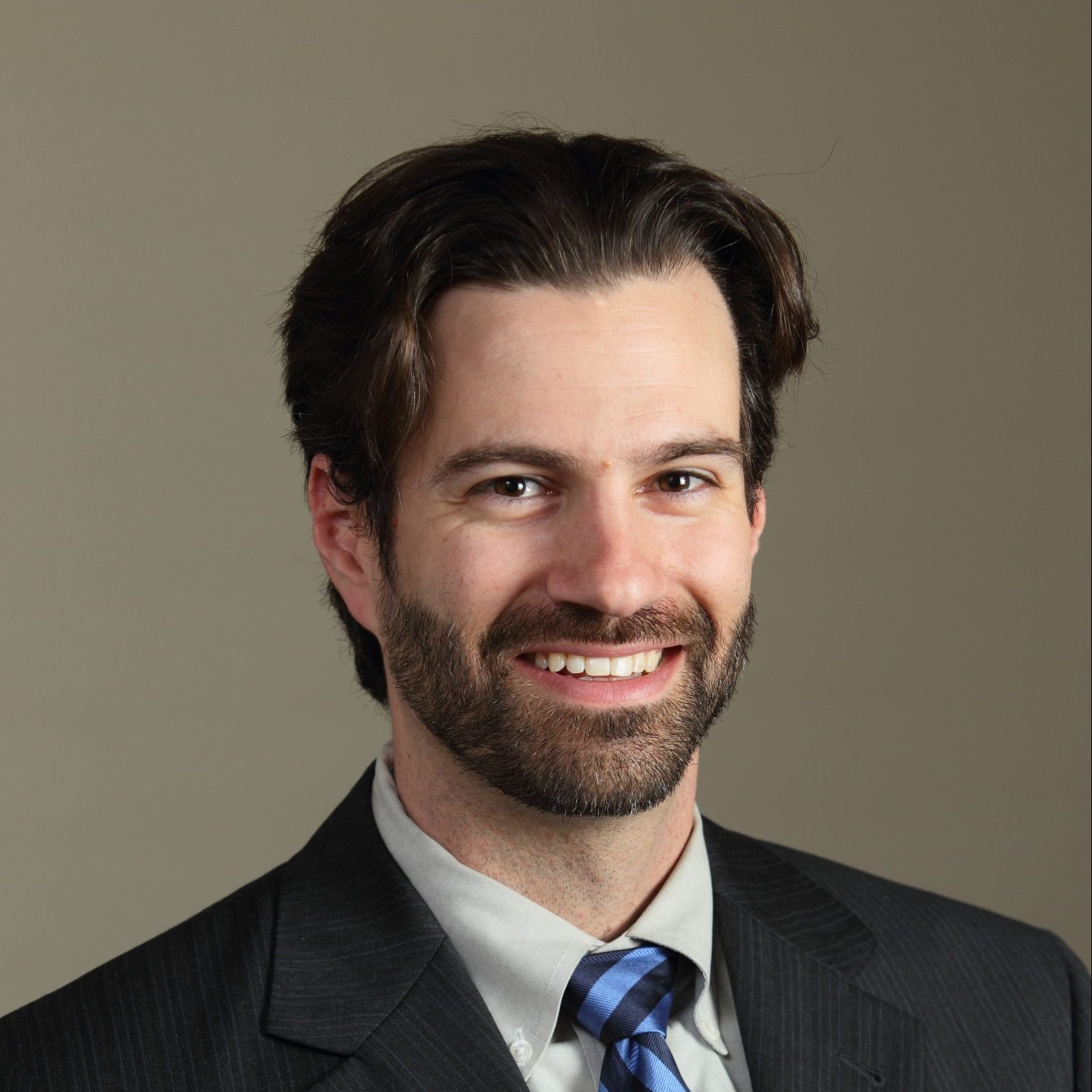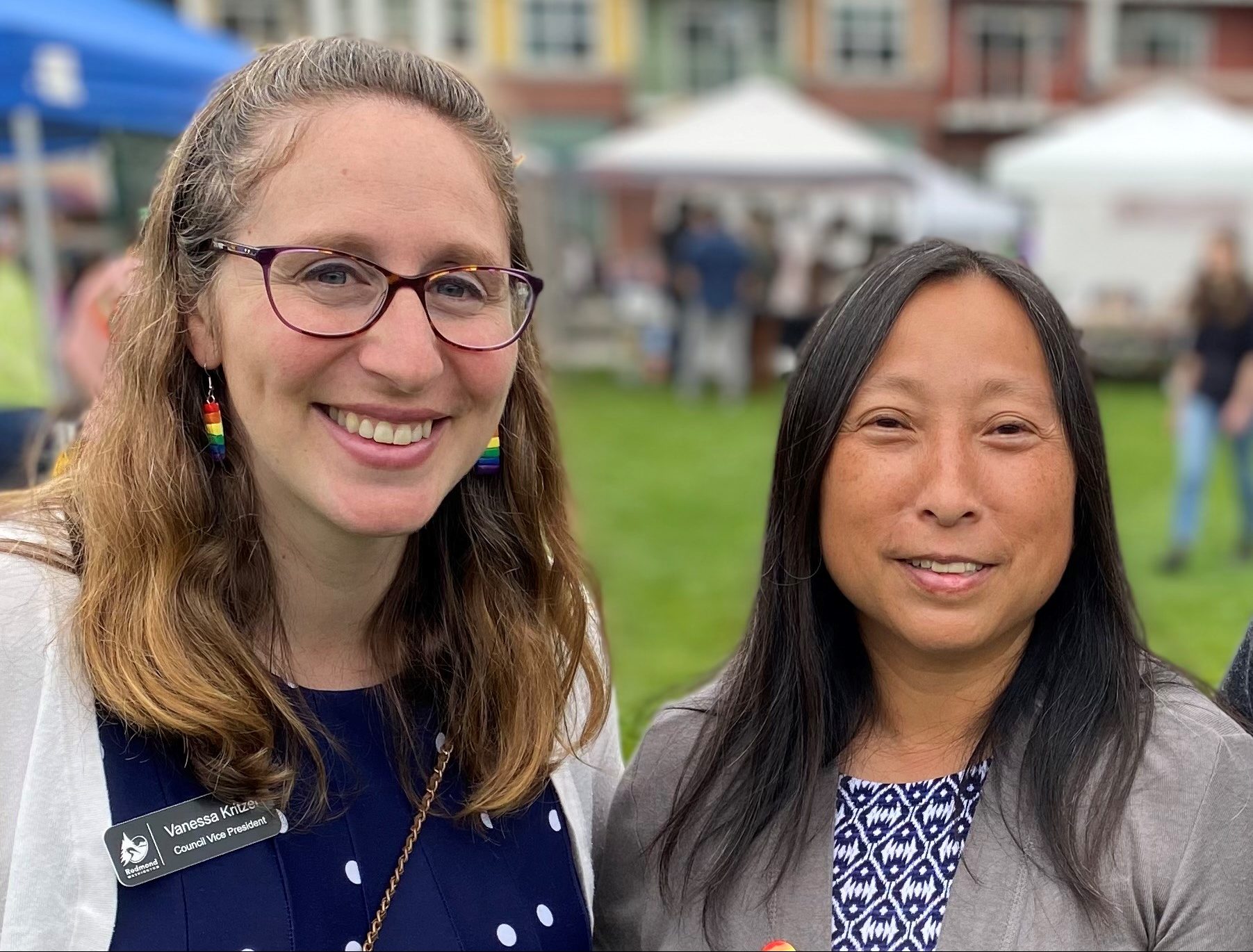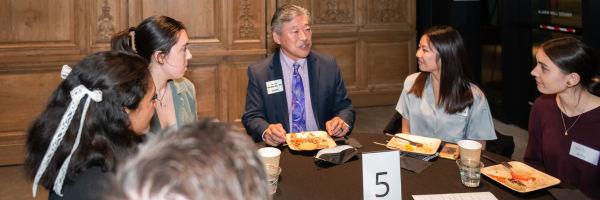Brian F. O’Neill recently joined the Evans School of Public Policy & Governance and the Ocean Nexus Center as a postdoctoral scholar, where he will work with Evans faculty Grant Blume. He received his Ph.D. in Sociology from the University of Illinois at Urbana-Champaign and also completed doctoral-level work at l’Université Paris Sorbonne Nouvelle.
The Evans School caught up with Brian to discuss his research around climate change adaptations.
Evans: Thanks for chatting – it is exciting to have you join the Evans School community! Your work focuses on the discourse and practices around climate change adaptation. What are the key questions guiding your research in this area?
Brian: Unquestionably, adaptation to the impacts of climate change is now, and will continue to be, a key issue for societies. The question that I ask in my research, and that I also impart to my students, is: what is the nature of, and underlying interest in, adaptation as we currently observe it? So, my work often problematizes adaptation. Here, we can also think of terms like “greening,” and I have written a lot about the notion of “justice” in this context. I do this work because I want a more adaptative, more just society! However, the issue is that in my investigations, such as into natural gas drilling, seawater desalination, and wind energy, we continue to observe what some scholars have called “maladaptive” practices and policies that result from the complex interplay of social discourse, politics, economic policies, and subjectivities. So, a more just and adaptative society, for me, starts with a critical engagement with these terms, because none of them are stable. And, we should see the bright side in this. For example, while some of my work diagnosed how “environmental justice” has become co-opted in certain climate adaptation debates towards private, middle- and upper-class interests, the instability of “justice,” “adaptation,” “sustainability” also means it is still possible to re-assert their radical potential.
Evans: In your work, you draw upon an impressive range of methodological tools. Explain why it is so important to bring mixed methods strategies to the study of climate adaptations.
Brian: I have worked in different ways on different projects. Sometimes I have used generalized linear models, at other times participant observation and interviewing. Often I use archival and photographic means of data collection. In what was really my first formal investigation, as an undergraduate, I developed and distributed a public opinion survey instrument on natural gas drilling in the heart of what is called “fracking” country. What I realized was that certain quantitative tools are very adept at helping one describe what is happening in the world. Though, as I went through my graduate work, I found myself often drawn to studies that drew from a wide range of data collection techniques, and I became very inspired by the way scholars were trying to both describe and find new modes of explaining why their observations had manifested in the way they did. Thus, the need for combining quantitative and qualitative approaches. And so, if you are interested in the “social life of climate adaptation,” if I can put it that way, you find that we have some general indicators from surveys and polls, but because some of the technologies, like desalination are only now emerging, an ethnographic viewpoint incorporating multiple techniques of data collection provides unique insights that provide a clearer, but also more nuanced, picture of the issues at play.
Evans: You trained in France and have an upcoming research visit to l’École des Ponts Paris Tech (Laboratory for the Study of Technologies, Territories, and Societies) – what kind of work will you pursue during this visit?
Brian: Yes, my connections to France have been very important in my intellectual formation. In fact, one of the things I love about being a transnational scholar is that certain contexts afford different kinds of disciplinary and thematic flexibility. I developed a relationship with the Laboratory for the Study of Technologies, Territories, and Societies (LATTS) over the past couple of years because there were commonalities across the sociologists, but also human geographers, public policy scholars, and socio-economists working there in terms of an interest in problematizing the techno-solutionism/optimism around climate change and infrastructure. So, while I am there this winter, I will be building some relationships for future collaborative work in the Paris area, but also with some colleagues in Montpellier and Grenoble. I also have some ongoing article projects that I will be able to wrap up while I am there that are co-authored with French colleagues. The other big “to do” is to get a few initial chapters reworked for my book project, “Disciplining Waters,” for a university press that is all about the history, but also contemporary politics, of large-scale seawater desalting as a climate adaptive practice.
Evans: Just recently, you published a Comment in Nature Water with Joe Williams? What are the key takeaways from that piece?
Brian: Yes, Joe Williams (Cardiff University) and I have both been writing quite a lot about desalting as a climate adaptive policy. One takeaway is that there is a trend in how many technologies are being framed as “solving” the climate crisis, and desalination is one. But, if we look at that industry, it has yet to have any meaningful dialogue around social questions, about equity, about justice, and about representation. So, the second takeaway is to raise the issue in terms of: how technology is deployed matters. We point to evidence that shows how the industry routinely functions, not as a means to providing equitable, or even universal access under dire conditions, but as a result of servicing the privileged. Better regulations might be one answer, but we also argue that only way climate adaptation works at the moment is through forms of inequality, and so we are trying to recenter the debate to social concerns.
Evans: Share with us your plans for research while a post-doctoral fellow with Ocean Nexus?
Brian: One big plan is to secure a book contract for the “disciplining waters” project. Of course, another is to get the mounting pile of half written manuscripts off my desk and into journals! However, I have begun working with the Ocean Nexus Center’s Yoshi Ota, the Evans School’s Grant Blume, as well as Ocean Nexus colleague Matthew Jerome Schneider on a more long-term investigation into offshore wind politics. Specifically, I have been designing a comparative project with North Carolina and Washington in mind, sites chosen because of their differing, broad political dynamics. Within the scholarship on energy, there is a lot of new work coming out on wind, because it is a real bastion of the Green New Deal. In this new project, we will be looking at possible policy outcomes for labor, working class communities, and a variety of marginalized groups, but also trying to understand the underlying social, political, and economic motivations around wind. I am especially interested in troubling the extent to which wind is assumed to manifest a post-carbon economy. As this is a new issue, we hope to be able to observe these processes for at least the next several years to come. This is all early stages, but Evans has provided a great opportunity for me to develop this work.
Evans: We can’t wait to see how your work unfolds in the coming years – welcome again to the Evans School!
Brian: Thank you!
